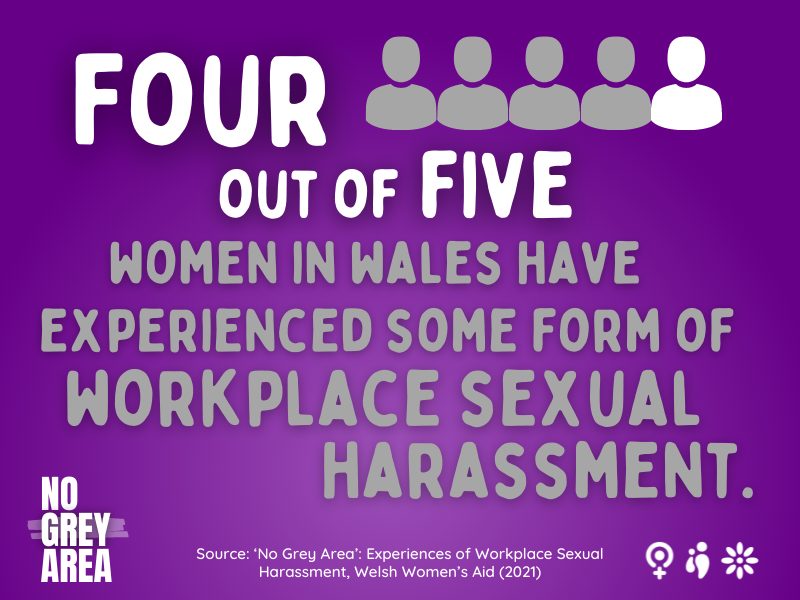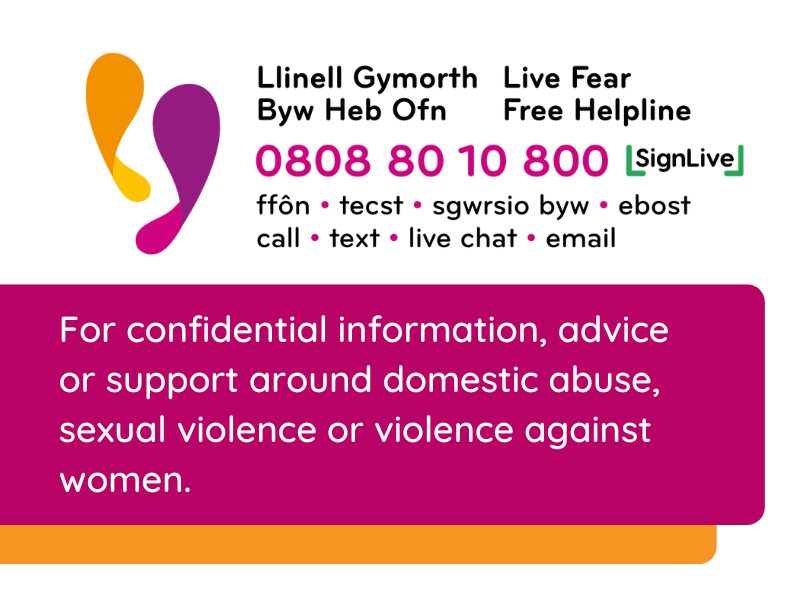
What is sexual harassment and stalking?
Sexual harassment is any unwanted behaviour of a sexual nature that may cause offense, distress, will intimidate or humiliate a person.
Sexual harassment can take many forms, it may look like:
- making sexually degrading comments or gestures
- being stared or leered at
- unwanted or inappropriate sexual jokes or propositions
- e-mails, social media or text messages with sexual content
- unwelcome sexual advances and touching, forms of sexual assault
- displaying sexually explicit pictures in a shared space, such as at work
Sexual harassment often takes place in public spaces including workplaces, public transport and schools.
There are two legal frameworks which make Sexual Harassment and Stalking a criminal offence. They are the Equality Act 2010¹ and The Protection of Freedoms Act 2012.
Stalking is not legally defined, but behaviours that could constitute stalking include following, contacting or attempting to contact someone, monitoring social media or another communication method, loitering in a public or private place, watching or spying a person and interfering with property or possession of a person.
For support
Anyone affected by these forms of violence and abuse should be able to access help and support when they need it and every case should be taken seriously.
The Live Fear Free Helpline is available 24 hours a day, 7 days a week for women, children and men experiencing domestic abuse, sexual violence or other forms of violence against women.
- Call 0808 80 10 800
- Email [email protected]
- Text 07860 077333
- Visit https://gov.wales/live-fear-free/contact-live-fear-free to use our webchat service.





